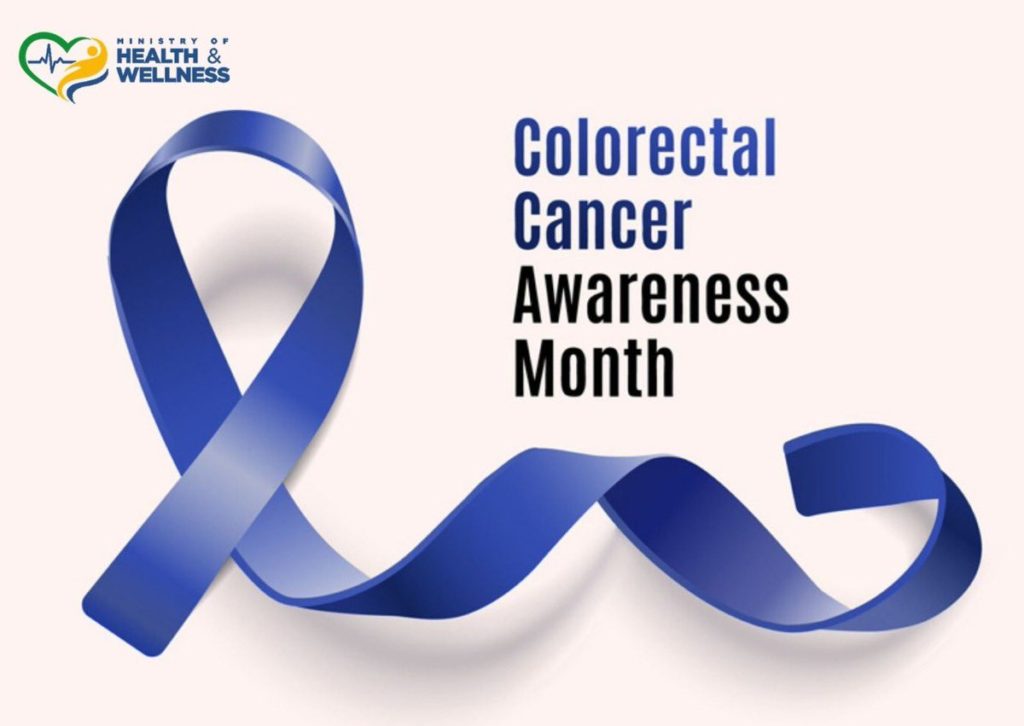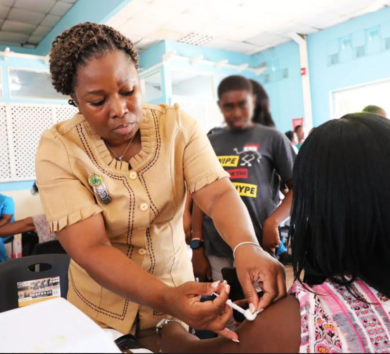

During the month of March, Colorectal Cancer Awareness takes the spotlight with a mission to increase public education around the third most common malignancy and the second most deadly cancer globally.
For those who may be unaware, colorectal cancer, better known as colon cancer, is a disease in which cells in the colon or rectum grow out of control.
This abnormal growth usually begins as small, noncancerous (benign) clumps of cells called polyps that form on the inside of the colon. If not treated or removed, over time some of these polyps can become cancerous.

Signs and Symptoms of Colon Cancer
Due to the nature of colon cancer, it is very possible that persons who suffer from the disease, particularly in its early stages, will experience no symptoms.
However, when symptoms do appear, they will likely vary from person to person, depending on the cancer’s size and location in the large intestine.
The most common signs and symptoms of colon cancer include:
- A persistent change in bowel habits, including diarrhea or constipation or a change in the consistency of your stool
- Rectal bleeding or blood in your stool
- Persistent abdominal discomfort, such as cramps, gas or pain
- A feeling that your bowel doesn’t empty completely
- Weakness or fatigue
- Unexplained weight loss

Risk Factors and Treatment of Colon Cancer
Though the risk of colon cancer increases with age, other factors that put individuals at risk for the disease include:
- A personal or family history of colorectal cancer or colorectal polyps
- Lack of physical activity
- A diet low in fruit and vegetables
- A low-fibre and high-fat diet or a diet high in processed meats
- Being overweight or obese
- Excessive alcohol consumption
- Excessive smoking
Unlike other cancers, the incidence of colon cancer is preventable when coupled with early detection.
For this reason, doctors recommend regular screening tests to help prevent colon cancer by identifying and removing polyps before they turn into cancer.
Regular screening, beginning at age 45, is the key to preventing colon cancer and finding it early.







Comments